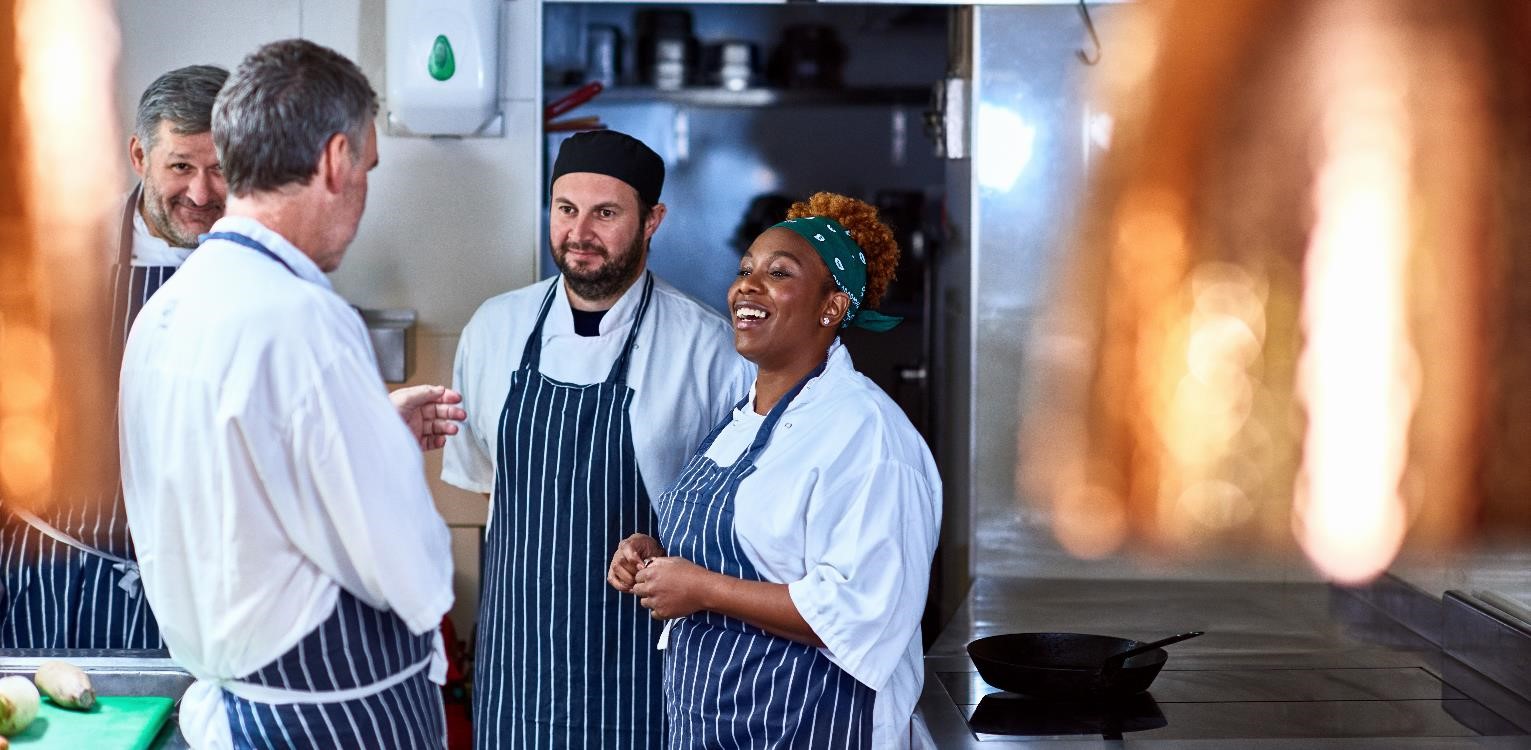How to Become a Head Chef

Overview of the Head Chef Role
A head chef, also known as an executive chef, leads the kitchen team, overseeing menu planning, staff management, and food quality. This senior role combines culinary expertise with strong leadership skills, ensuring smooth operations in the kitchen while maintaining high standards of food preparation. Head chefs play a pivotal role in shaping a restaurant’s reputation and success, balancing creativity with operational efficiency. For those aspiring to take charge in professional kitchens, becoming a head chef is the pinnacle of a rewarding culinary career. Explore chef jobs to begin your journey toward this prestigious position.
Dress Code
Head chefs wear professional attire, including a white chef’s jacket, apron, hat, and non-slip shoes. This uniform reflects their role and adheres to hygiene standards.
Head Chef Responsibilities
Responsibilities include menu development, overseeing kitchen staff, managing inventory, ensuring food quality, and maintaining compliance with health and safety regulations. These are explored further below.
Head Chef Tips
Focus on strong leadership and clear communication to foster teamwork. Emphasise innovation in menu development and stay informed about culinary trends. Regularly train and mentor your team to maintain consistency and morale. Building relationships with suppliers ensures access to quality ingredients, which is critical for delivering exceptional dining experiences.
Qualifications and Skills of a Head Chef
Becoming a head chef requires advanced culinary skills, leadership expertise, and a deep understanding of hygiene and safety standards, along with extensive hands-on experience.
Advanced Culinary Skills
Head chefs must excel in diverse cooking techniques, including mastering sauces, pastry, and butchery. Creativity is key to designing innovative and appealing menus that reflect the restaurant’s identity. Attention to detail ensures dishes are prepared to the highest standard. Experience with food costing and portion control is essential for maintaining profitability without compromising quality. These skills, combined with a deep passion for cooking, define a head chef’s ability to lead in the kitchen.
Leadership and Management
Leading a kitchen team requires excellent communication and organisational skills. Head chefs oversee hiring, training, and scheduling staff, ensuring the kitchen operates efficiently. They resolve conflicts, motivate team members, and maintain a positive work environment. Managing inventory and budgets is also a critical aspect of the role. Learn how to showcase these abilities in your head chef CV, highlighting both technical and leadership accomplishments.
Hygiene and Safety
Head chefs are responsible for upholding stringent hygiene and safety standards in the kitchen. This includes implementing proper food storage, handling, and preparation practices to avoid contamination. Regular inspections and compliance with local health regulations ensure a safe dining environment for customers. Training staff on safety procedures, such as fire prevention and first aid, is also essential for maintaining a secure and efficient kitchen.
Duties of a Head Chef
Head chefs manage operations, staff, and quality assurance while maintaining high standards in food preparation, safety, and customer satisfaction.
Menu Development and Planning
Creating a menu that reflects the restaurant’s theme and appeals to customers is a primary responsibility. Head chefs design dishes that balance creativity with profitability, using seasonal ingredients to add variety. Collaborating with suppliers ensures access to high-quality products at competitive prices, while regularly updating the menu keeps offerings fresh and relevant, enhancing customer satisfaction. Effective menu planning also involves food costing to ensure financial sustainability.
Staff Management and Training
Head chefs hire, train, and mentor kitchen staff, fostering a skilled and cohesive team. They oversee daily operations, assign tasks, and ensure smooth service during busy periods. Regular training sessions help maintain consistency and allow staff to adapt to new techniques or menu changes. Meanwhile, providing constructive feedback and recognising achievements boosts morale, creating a positive work environment that encourages professional growth.
Quality Assurance
Ensuring that every dish meets high standards is crucial for maintaining a restaurant’s reputation. Head chefs inspect food quality at every stage, from ingredient selection to plating. They establish and enforce consistency in portion sizes, presentation, and taste. Monitoring customer feedback allows head chefs to identify areas for improvement, ensuring continuous enhancement of the dining experience. This commitment to quality builds trust with patrons and fosters repeat business.
Head Chef Career Progression and Advancement
Becoming a head chef is a milestone, but ongoing learning and networking provide opportunities for further growth and success in the culinary industry.
Moving Up in the Kitchen
Progressing from roles such as sous chef to head chef involves gaining experience, honing technical skills, and developing leadership qualities. Head chefs may advance to executive roles, managing multiple restaurants or overseeing large-scale culinary operations. Alternatively, they might specialise in areas including pastry or molecular gastronomy. Explore the kitchen hierarchy to understand potential career paths and how to reach the top of the culinary ladder.
Ongoing Learning and Networking
Continuous learning is vital for staying competitive in the culinary industry. Attending workshops, enrolling in advanced courses, and participating in culinary expos allow chefs to refine their skills and explore new trends. Networking with peers and suppliers can lead to new opportunities, collaborations, or innovations, while staying engaged with the broader culinary community ensures that head chefs remain informed and inspired, keeping their offerings fresh and relevant.
Discover how to develop your own Head Chef CV today.
FAQs on Becoming a Head Chef
How Long Does It Take to Become a Head Chef?
It typically takes 8–12 years, progressing from entry-level roles to sous chef and eventually head chef, depending on experience and dedication.
Do You Need Formal Qualifications to Be a Head Chef?
While formal qualifications such as NVQs or culinary diplomas are helpful, extensive experience, leadership skills, and a strong work ethic are often more important.
How Much Does a Head Chef Make?
Head chefs in the UK earn between £30,000 and £50,000 annually, with variations based on location, restaurant type, and level of responsibility.
What Does a Head Chef Do?
A head chef oversees kitchen operations, manages staff, develops menus, ensures food quality, and maintains compliance with hygiene and safety regulations.
